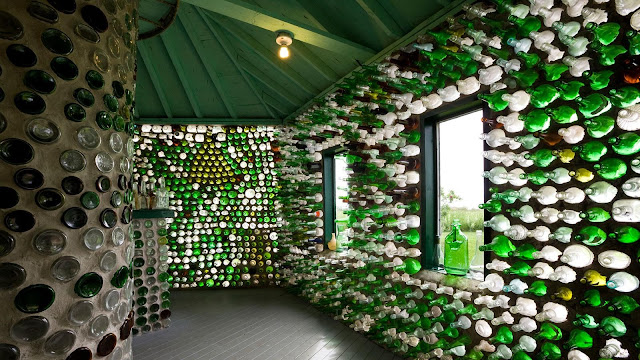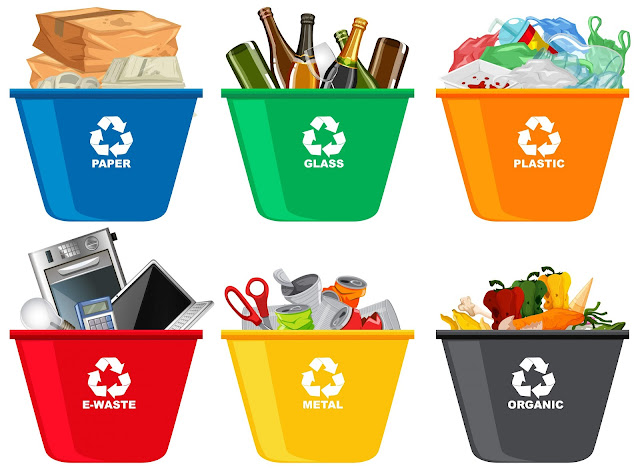What is sustainable building technology?
Sustainable construction technology is the application of construction methods, materials, and processes to optimize sustainability and save resources during construction and operation. Here are some popular sustainable building technologies:
Green building
Green building is a construction method that focuses on optimizing energy efficiency, using renewable resources, improving indoor air quality, and reducing the carbon footprint of buildings. construction. This can be achieved by using effective insulation, soundproofing and insulation, solar power systems, rainwater collection systems, and green materials.
Recycled and reused materials
Using recycled and reused materials reduces construction waste and natural resource consumption. For example, using recycled bricks, recycled concrete, recycled wood or building materials from sustainable wood sources can reduce the amount of forests being destroyed.
Renewable energy harvesting system
Using a renewable energy harvesting system such as solar cells, solar panels, wind energy systems, or solar thermal systems to generate clean and economical energy.
Recycled water treatment
Recycled water treatment technology saves water and reduces waste water. Rainwater collection and reuse systems, wastewater treatment systems, and water-saving irrigation systems are common examples.
Smart management system
Using smart technology and smart building management system to optimize energy and resource efficiency, while reducing waste and increasing the efficiency of the company's operations. submit.
Natural architecture and landscape
Taking advantage of natural architecture and the surrounding landscape can reduce energy use, improve air quality and create a healthy living environment.
Research on the use of recycled materials, green design, and waste management in the construction industry
Research into the use of recycled materials, green design, and waste management in the construction industry is an important area for creating sustainable buildings and reducing environmental impact. Here are some points of research that can be done in this area:
Recycled and reused materials
Research on recycled and reused materials in the construction industry to identify suitable materials and manufacturing processes to reuse materials from construction sites old or from recycled sources. This includes research into the technical properties, economic efficiency, and environmental impact of recycled and reused materials.
Green design and energy efficiency
Research on green design in the construction industry focuses on developing design methods that are energy efficient, optimize resource use, and reduce carbon emissions. These studies may focus on the identification of design processes and analysis of the energy and resource efficiency of building systems, as well as the study of the application of new technologies and materials green in green design.
Waste Management and Recycling
Research on waste management in the construction industry aims to understand and develop effective methods for the management, treatment, and recycling of construction waste. Studies may focus on analyzing the origin and nature of construction waste, evaluating the effectiveness of recycling processes, and developing effective waste management processes.
Life Cycle Analysis
A study on life cycle analysis in the construction industry to assess the environmental impact of construction works from the design, construction, operation, and use stages to the scrapping stage. These studies can focus on analyzing resource use, energy consumption, and carbon emissions, as well as identifying opportunities to improve the environmental performance of buildings.
In fact, research in these areas will help guide and develop new methods, processes, and technologies in the construction industry to create sustainable buildings with less environmental impact.
Research on the use of recycled materials and green design
Research on the use of recycled materials and green design in the construction industry has the goal of optimizing resource use, reducing waste and environmental impact. Here are some examples of research in these two areas:
Recyclable and Reusable Materials
Research on recyclable materials focuses on understanding building materials that can be recycled from other waste and waste sources such as concrete, brick, wood, metal, and plastic. This study investigates the technical properties, reusability, and economic efficiency of recycled materials, as well as proposes methods for their production and use in the construction industry.
Green design and energy efficiency
Research on green design in the construction industry focuses on developing methods and technologies to optimize the energy performance of buildings. This study investigates methods to improve heat, sound, and heat insulation of building materials and systems, applying energy-saving technologies such as solar power systems, solar thermal systems, etc. outdoors, intelligent management systems, and cooling systems using water.
Life cycle assessment of materials and structures
This study focuses on assessing the environmental impact of building materials and structures from extraction to use and disposal. This study proposes methods to assess the environmental life cycle, calculate and manage carbon emissions, energy consumption, and waste, and propose solutions to reduce the environmental impact of construction works built.
Research in these fields plays an important role in developing sustainable buildings, reducing environmental impact, and saving resources.
Research on waste management
Research on waste management in the construction industry is an important area to reduce the environmental impact of construction activities. Here are some examples of research in this area:
Separation and recycling of construction waste
Research focuses on the segregation and recycling of construction waste to optimize resource use and reduce waste disposal. This study investigates construction waste separation methods, learns about the reusability and recycling of wastes, and proposes solutions to utilize construction waste.
Waste Process
This research focuses on research and development of construction waste treatment methods to reduce environmental impact. This includes methods of hazardous waste, recycling, and non-recycling waste, as well as methods that save and optimize waste disposal processes.
Construction Waste Management
Research on construction waste management focuses on developing processes, policies, and regulations for managing waste effectively in the construction industry. This study proposes methods of collection, transportation, treatment, and disposal of construction waste, as well as innovative waste management solutions such as the use of information technology and waste management systems.
Education and Motivation
Research in this area focuses on the research and development of educational and motivational programs aimed at increasing stakeholder awareness and awareness on construction waste management. build. This may include building the capacity and knowledge of contractors, architects, owners, and the public on construction waste management and prioritizing the use of environmentally friendly construction materials and methods. environmentally friendly.
Research in these areas will play a key role in creating efficient and sustainable construction waste management processes and solutions, helping to reduce environmental impact and build greener buildings.
Conclusion
Sustainable building technology not only helps reduce negative impacts on the environment but also creates sustainable buildings that save energy and bring long-term benefits to both residents and communities.
Watch more: MEP Engineer
Watch more: professional engineer in houston
Watch more: licensed engineer in houston
Watch more: mep engineering firms in houston
Watch more: design engineer in houston
Watch more: hvac engineering firms in houston
Watch more: electrical engineering firms in houston
Watch more: plumbing engineering firms in houston
Watch more: mechanical engineering firms in houston


